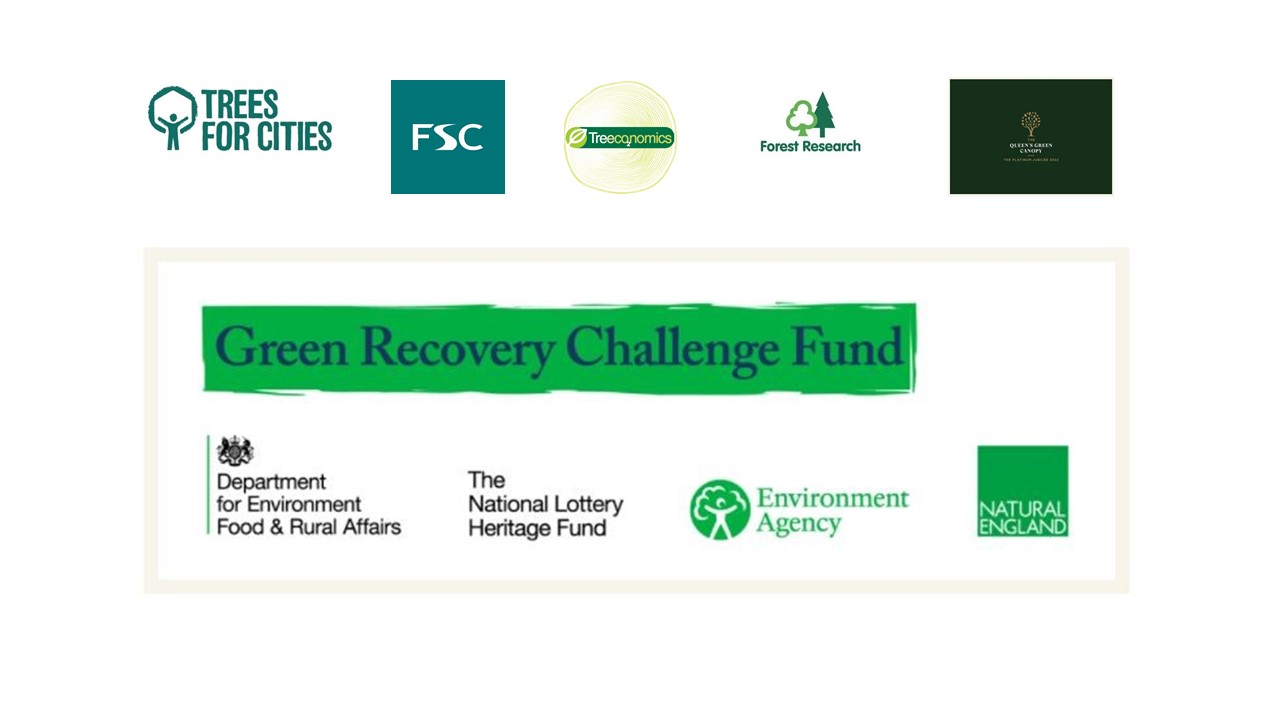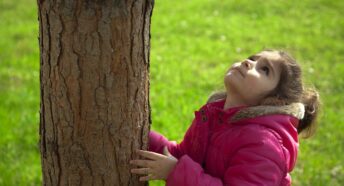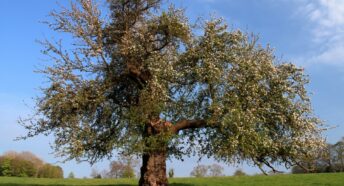More trees for Brighton – let’s get planting!
Brighton is included in Trees for Cities’ Forgotten Places: Greening coastal towns and cities programme.
Earlier this year CPRE Sussex’s Plant your Postcode volunteers, supported by Brighton & Hove City Council’s Arboriculture team and Hove Civic Society made two bids, with Trees for Cities, to the government’s Green Recovery Challenge and Urban Tree Challenge funds. Both bids have been successful. Together they will bring in almost £100,000 for additional street trees and other planting in areas of low tree cover in Brighton & Hove.
In Brighton & Hove, we will be working closely with the communities involved to make sure trees are planted in the right places and have every chance of long healthy lives. This will provide more space for wildlife, help to reduce the effects of climate change and improve the quality of life for those living in the area.
Volunteer planting sessions begin in the New Year and run until the end of March. We will be contacting residents where planting is planned to keep everyone in the know and involved.
Love trees, but don’t quite know what you’re looking at? Register for a free identification guide
For more information or to join in, contact: Jenni Cresswell at jenni.cresswell@cpresussex.org.uk
The Trees for Cities’ Forgotten Places: Greening Coastal Towns and Cities programme
The programme will:
– increase species-rich urban tree canopy cover in coastal areas
– build capacity for nature-based solutions to improve urban forestry management
– connect communities with nature and improve local knowledge and skills, as well as encouraging people to plant, protect and promote urban trees
The project is part of a new £1.2M funding initiative through the Green Recovery Challenge Fund. The environmental charity Trees for Cities will be planting 55,000 trees across all seven coastal towns and cities to support green jobs and provide a boost for nature recovery.
The new urban tree planting initiative will specifically focus on increasing tree cover in areas that have low canopy cover to provide shade and increase resilience to climate change. In addition to engaging local people with nature and inspiring a new generation to plant and protect urban trees in coastal towns and cities, the project will provide local people with opportunities for training and developing new skills. Residents can join in a variety of volunteering opportunities ranging from learning about how to plant urban trees to attending online training courses to identify, care for and protect trees where they live.
David Elliott, Chief Executive of Trees for Cities, said: “We know that planting trees in cities has a hugely positive impact on people and our environment. This project represents a fantastic step towards rebalancing the UK’s canopy cover by prioritising some of our forgotten coastal towns and cities – tackling green inequality and deprivation for those more likely to face barriers to environmental justice.
We look forward to working together with our partners and local communities to provide green jobs and cultivate lasting change in neighbourhoods and coastal communities for generations to come.”
Despite significant investment in tree planting programmes, many places, especially coastal locations, have been overlooked and run the risk of being further left behind. There is a strong correlation between low canopy cover (a measure of environmental deprivation) and social deprivation. This inequality means that people in deprived areas, the most vulnerable who face barriers to environmental justice, have less opportunity to benefit from urban trees.
Trees for Cities has spearheaded the Forgotten Places: Greening Coastal Towns and Cities programme to pave the way for a green revolution in Bexhill, Brighton, Great Yarmouth, Hull, Portsmouth, Ramsgate and Stockton.
Trees for Cities is working with the Field Studies Council, Treeconomics, Forest Research, and in Brighton, CPRE Sussex and Brighton & Hove City Council as the local delivery partners.
The first planting phase of the Forgotten Places: Greening Coastal Towns and Cities initiative will take place from November 2021 to March 2022.
The project is also part of The Queen’s Green Canopy, and local residents will get the chance to mark Her Majesty’s Platinum Jubilee in 2022 by inviting people to ‘Plant a Tree for the Jubilee’.
Find out more about the partners and funding
Defra – Green Recovery Challenge Fund
The Green Recovery Challenge Fund is supported using public funds and delivered by The National Lottery Heritage Fund in partnership with Natural England and the Environment Agency. This project is funded by the Government’s Green Recovery Challenge Fund. The fund was developed by Defra and its Arm’s-Length Bodies. It is being delivered by The National Lottery Heritage Fund, in partnership with Natural England, the Environment Agency and Forestry Commission.
Trees for Cities
Trees for Cities is the only UK charity working at a national and international scale to improve lives by planting trees in cities. We get stuck in with local communities to cultivate lasting change in their neighbourhoods – whether it’s revitalising forgotten spaces, creating healthier environments or getting people excited about growing, foraging and eating healthy food.
The Queen’s Green Canopy
The Queen’s Green Canopy (QGC) is a unique tree planting campaign across the United Kingdom to mark The Queen’s Platinum Jubilee in 2022. All across the UK, people will be encouraged to “Plant a Tree for the Jubilee” through the QGC initiative.
Led by an Executive Team and supported by charity Cool Earth and the UK Government, the project will see all counties of the UK being invited to create a network of individual or specimen trees, tree avenues, copses and woodlands in honour of The Queen’s 70 years of service to the nation.
As well as inviting the planting of new trees, The Queen’s Green Canopy will dedicate a network of 70 Ancient Woodlands across the United Kingdom and identify 70 Ancient Trees to celebrate Her Majesty’s 70 years of service.
Field Studies Council
Field Studies Council (FSC) is an environmental education charity committed to helping people, discover, explore, understand and be inspired by the natural world. Its network of centres provides day and residential courses for all ages from young children to retired adults from schools and communities throughout the UK. They also run a range of natural history courses both online and across the UK to encourage adults to take their first steps and continue their learning in the environmental sector. It also reaches many others through its publications and community-based programmes and is the leading UK provider of identification guides.
Treeconomics
Treeconomics works to understand how trees improve our urban spaces, making them better places to live. We aim to demonstrate that trees are part of the solution for many of our urban problems – be that air pollution, climate adaptation, crime, or manifold others. With towns and cities housing the largest populations of people, our Urban Forests hold the greatest potential to improve health and wellbeing, and stand at the frontline against Climate Change.
Forest Research
Forest Research is Great Britain’s principal organisation for forestry and tree-related research and is internationally renowned for the provision of evidence and scientific services in support of sustainable forestry.






